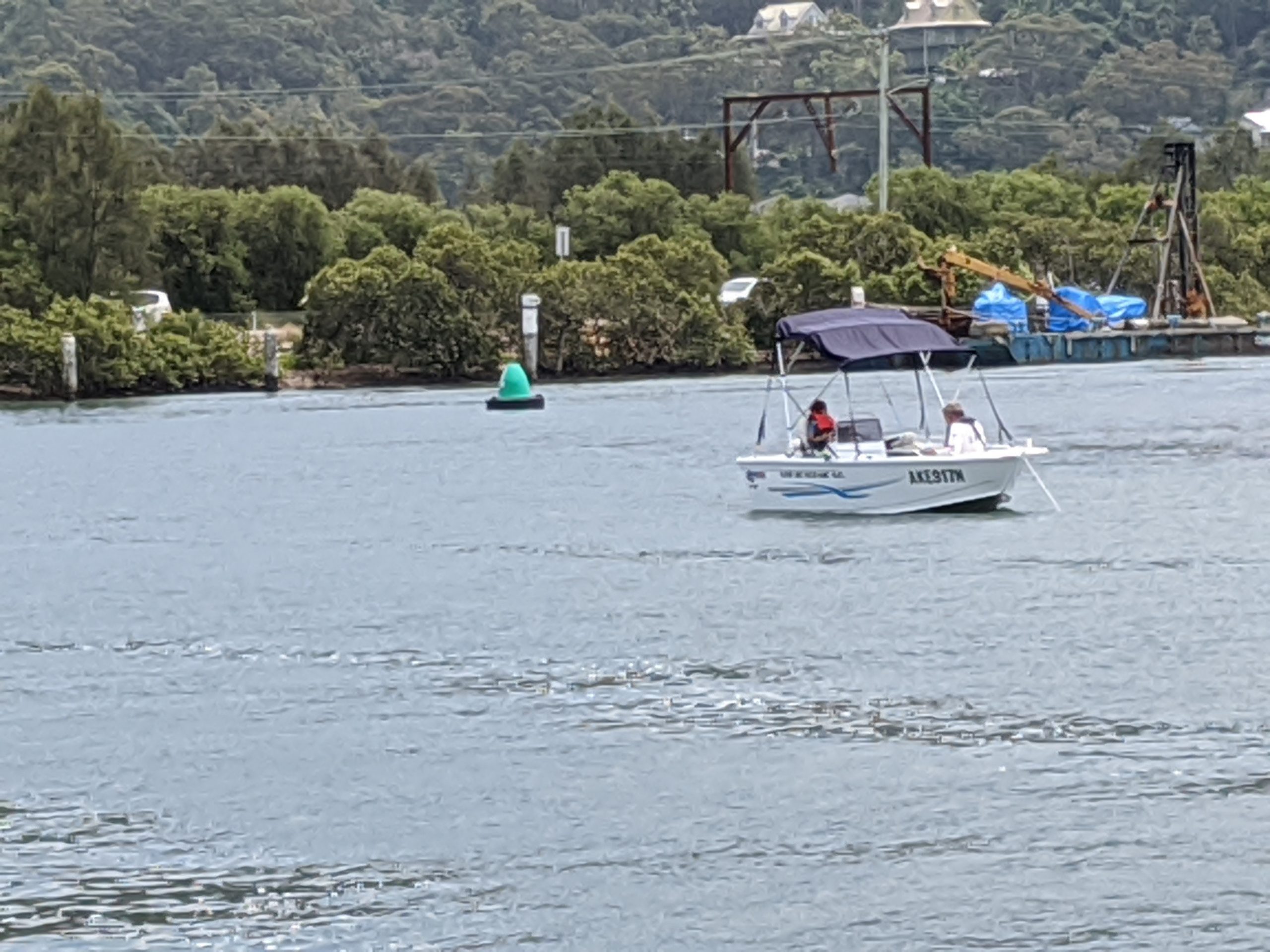By Greg S. Castilla. We all have stories to tell. Some stories are easily forgotten. Others are not, especially those that cause so much pain, yet give a new perspective to the meaning of life.
There are also stories that, when shared, can help us understand the past, like the story of my father. He once shared with me that he was slapped by a Japanese soldier during World War II for feigning ignorance when asked about the whereabouts of certain individuals the Japanese were looking for.
My father’s story and other similar stories make me understand the world that my father lived in. The very act of sharing my father’s story helps me understand the brutality that my father’s generation experienced in the hands of the Japanese during World War II.
In Seattle last week to tell the stories of four young Filipinos who fought the Marcos dictatorship at the cost of sacrificing their lives was Susan Quimpo. She has dedicated her life to raising awareness about the evils of Martial Law and the importance of actively speaking against any form of authoritarianism.
Susan is not a stranger to these stories – many of them heart-wrenching – that metamorphosed during the martial law era. After all, she is the youngest of the Quimpo family, whose members – seven siblings – have dedicated themselves to the anti-Marcos dictatorship struggle at profound personal cost.
Her family story is documented in Subversive Lives, a book that chronicles the anti-Marcos crusade of the Quimpo family. Written by Susan and her brother Nathan, the book tells the stories and heroism of the youths during the Marcos dictatorship.
Susan is a great storyteller. She is compelling and interests her audience with emotion and conviction. She can find ways to make the audience care about the content of her stories of Jan Quimpo, Francis Sontillano, Liliosa Hilao, and Jun Quimpo.
Jan was a high school student at the Philippine Science High School (PSHS) when his exposure to the social conditions in his time led him to be an activist. At a very young age, he started joining demonstrations.
At a rally he and Francis attended near the university belt in December 1970 against blacklisting students, a security guard at Feati University lobbed a pill box that hit the head of Francis, also a PSHS student. Francis, 15 years old, died instantly.
Jan was a few feet away from him and he saw shreds of Francis’ brain stuck to his shirt. This was Jan’s first near death experience fighting the Marcos dictatorship. The death of Francis did not deter Jan in his activist ways.
In April of 1973, Jan was arrested by the military together with two other PSHS students at the house of schoolmate Marie Hilao. Marie’s sister, Liliosa, who was a student at the Pamantasang Lungsod ng Maynila (PLM) and a member of the College Editors Guild of the Philippines, was also arrested.
According to Susan, her brother was subjected to physical torture for hours. He was stripped naked, doused his feet with cold water, and his ears were clapped every time he gave what the military considered were wrong answers.
A bright lamp similar to what is used for theater productions was put close to his face, causing him to scream in pain because of the heat. A live wire was also tied to his genital. Liliosa, who was arrested with Jan, was not as lucky because four days after her arrest, she was dead. Post mortem findings showed she was also severely tortured like Jan.
Her face was severely swollen. Her lips bore cigarette burns. The military said she committed suicide by drinking muriatic acid which, according to Susan, left her chest cavity wide open.
When Jan was finally released, he studied at the University of the Philippines Department of Geology until he disappeared in 1977 when he was about to graduate.
Attempts by the family to find him failed. According to Susan, the family received reports that Jan was being used by the military as a bait to trace other activists. He has not been found since then. He was 23. Susan’s other brother, Jun, was exposed to student demonstrations like his brother Jan and also became a student activist.
In 1976, he helped organize the squatters in Tatalon, Quezon City, together with some UP students. In a rally by squatters that Jun participated that year, the Metropolitan Command (Metrocom) conducted mass arrests and Jun was one of those arrested.
He was beaten by the military for ten days before he was released. His short arrest convinced him that he was ready to be deployed to the province. Looking back almost 40 years ago, my wife and I worked with Jun in Tatalon.
He was passionate and serious about organizing the squatters, quite different from the picture painted by Susan during the forum that he was a typical teen-ager who liked attractive girls and loved to play volleyball.









Leave a Reply